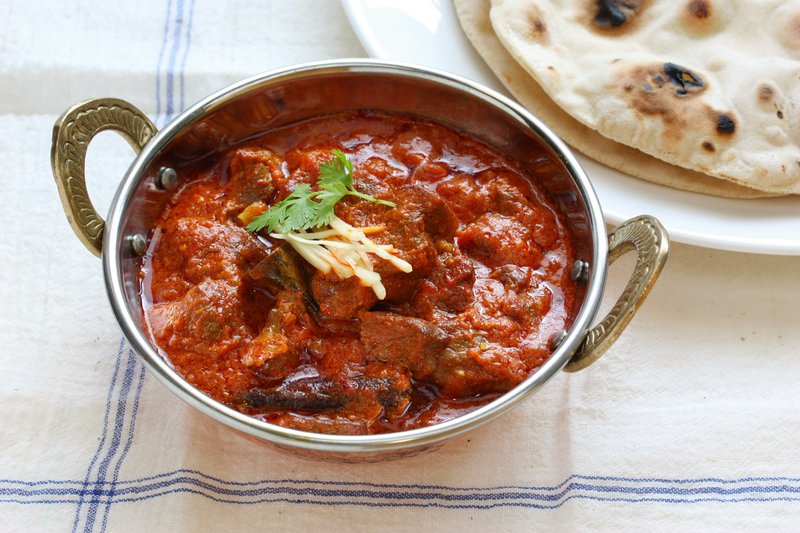3 South African meals you have to make this Human Rights Day
Updated | By Charis Apelgren-Coleman
From tasty potjies, to sweet and sticky koeksisters, tangy chakalaka, and the messy Gatsby, we have different flavours to take you on a trip back to your granny’s house and leave one’s taste buds wanting to do handstands.

South Africa is a country filled with
history, and with any great history story comes food.
You have enough time to perfect these dishes ahead of Human Rights Day.
Bobotie
Made with minced meat and baked with an egg topping, this South African food originates from the Cape Malay community, a community descended from slaves brought in from the Dutch East India Company’s colonies in what is today Indonesia.
I love this video from RedOnion that shows you how to do it in three minutes.
Ingredients
1x Slices of white bread or 1x small brioche rolls
1x Onion
2 x Tsp butter
2 x Garlic cloves
250g Lean mince
4 x Bay leaves & 3-4 for decoration
1 x Tsp curry powder
3 x Cloves
3 x Tbsp raisins
1 x Tbsp mango/peach chutney - Mrs Balls chutney is preferred
1 x Tsp mixed dried herbs
150ml milk & 150ml for custard topping
Slightly spicy, the dish goes well with yellow rice. Some added toppings include a tablespoon of fruit chutney, chopped banana, and a sprinkling of coconut.
Samp and beans
Samp and Beans is a traditional dish of the Nguni people of South Africa. Referred to as isistambu by the Zulu people and umngqusho by the Xhosa people, the dish is made from slowly cooked sugar beans and samp.
For those of you who do not have hours to wait for your samp and beans to boil, you can buy the canned version at your local supermarket for easier preparation.
For those who want to keep it traditional, here is a video from PapCulture.
If you want to modernise it a little then look at adding curry powder, beef or mutton, and coriander to give it that extra ‘kick’.
Bunny Chow
Last is our KwaZulu-Natal favourite. The dish that leaves you licking your fingers and wiping the perspiration away from your brows.
The bunny chow consists of a hollowed out loaf of bread filled with curry. It comes from the Durban Indian community and although the precise origins of the dish is disputed, there are many renditions of this dish.
According to The South African Cookbook, "an Indian restaurant owner explained that during Apartheid, Indian restaurants that served white people could not allow people of colour to enter the restaurant. So those patrons who wanted a meal would be sent to the back of the shop. With that said they couldn't eat on the same plates or use the same utensils as the white patrons, so an alternative way of serving patrons of colour had to be developed. And so came the bunny chow - a plate substituted by bread and utensils by one's hands".
All you need is that special hot curry – mutton, beans, beef or chicken - and your selection of bread.
Looking for the best Mutton Curry recipe in town? Here’s a great recipe.
The bunny chow comes in quarter, half and full loaves.
But every meal needs that special drink to accompany it and Umqombothi is top of my list.
Singer Yvonne Chaka Chaka called this drink “the magic African beer.” Made out of corn, sorghum, yeast, and water, the beer is normally served from a communal drum, also known as a gogogo. Just be prepared for that tangy taste in your mouth.
Here’s a recipe from Lungi African Modern Lifestyle
It’s your right to eat and have fun. Just remember to tell us how it goes and post those pictures.
ALSO READ: 8 Steps To The Perfect Braai
Show's Stories
-
WARNING: Pretoria parents urged to beware of increase in chi
Here's what you need to know about the spike in child kidnappings in Pre...
Breakfast with Martin Bester 2 weeks, 2 days ago -
LISTEN: Rope Runner Marissa Groenewald's fight against human
The powerful reason Marissa is so passionate about 'rope running'.
Breakfast with Martin Bester 2 weeks, 2 days ago